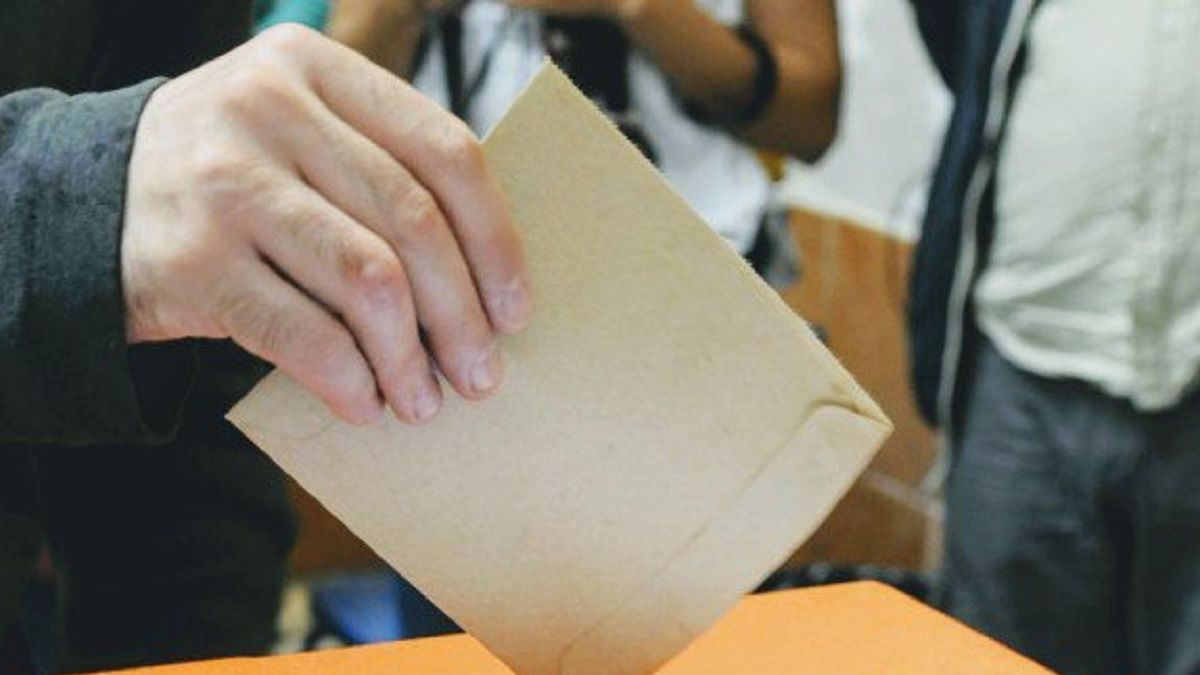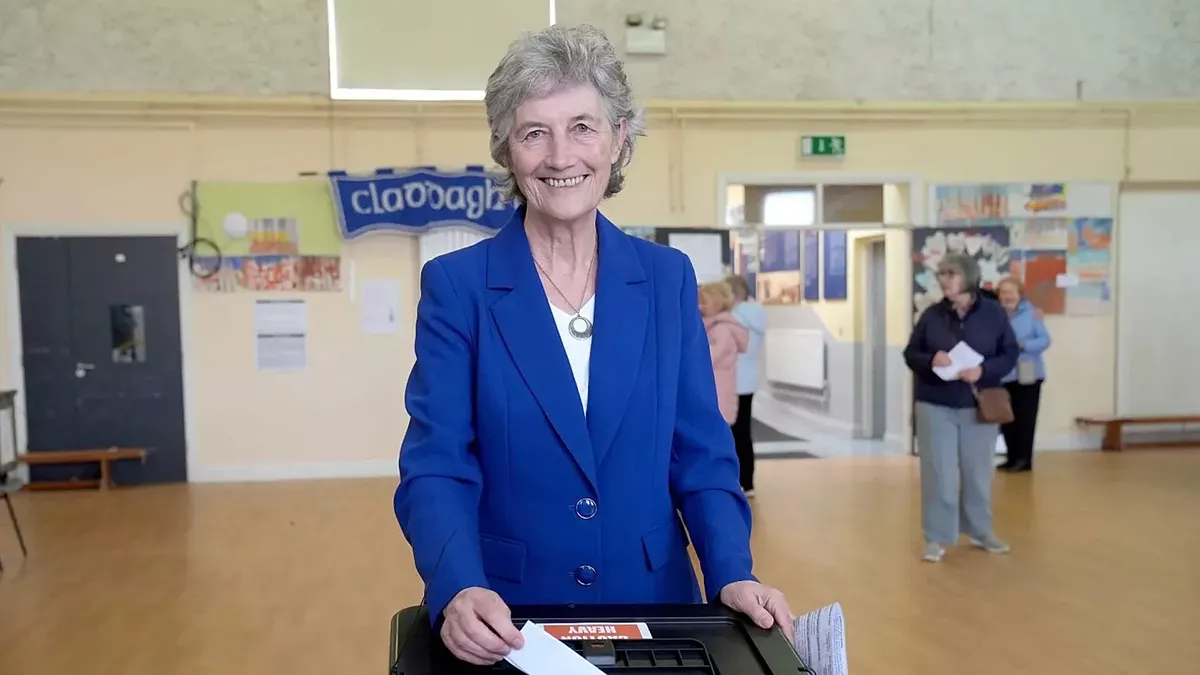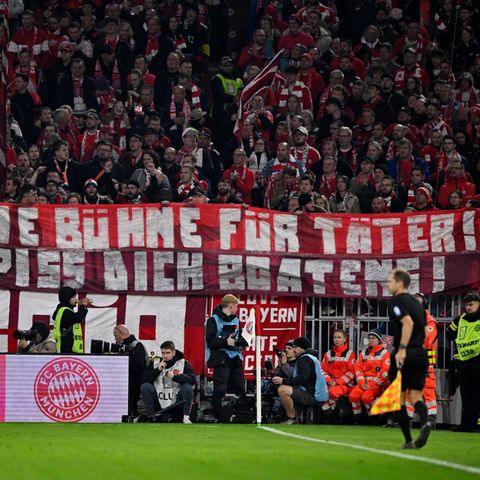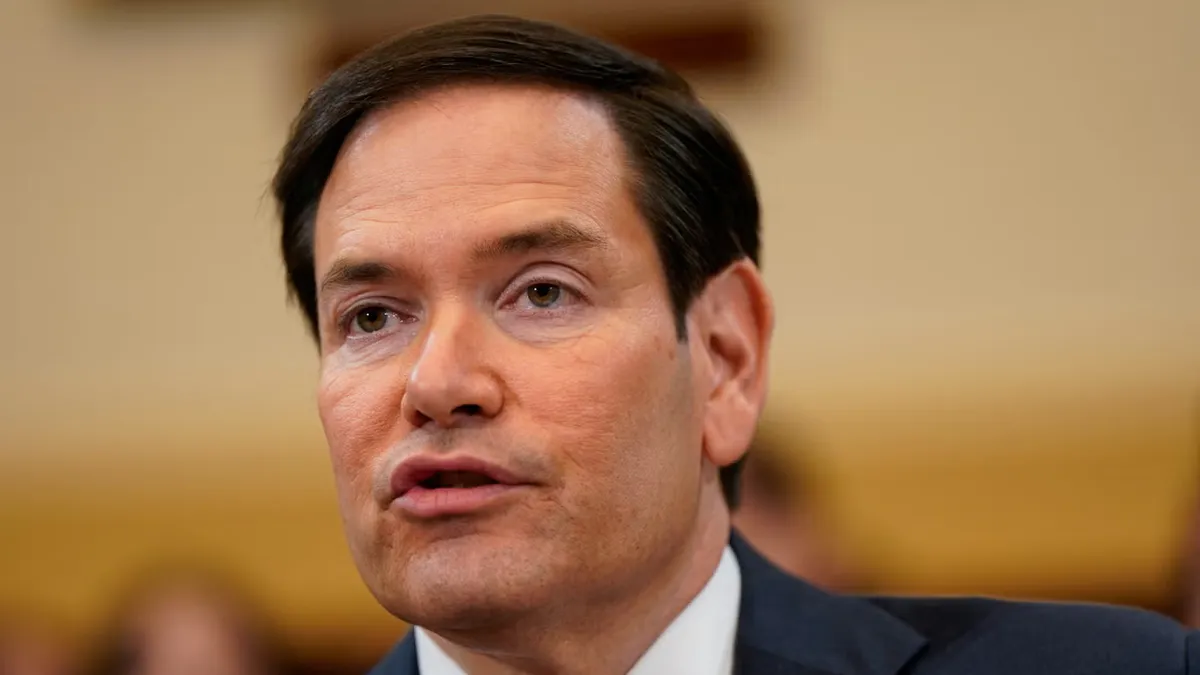The internal elections in it Uruguay They arouse the interest of supporters and activists of each force, but not of the general electorate, who cast their vote in a meager way (around 40%).
At a time when the debate on the need to move towards a mandatory model from the primary stage, as several countries in the region have, regained strength, which allows transferring the high level of participation in the general elections to the beginning of the electoral cycle (more than 80%), Ambit He consulted businessmen about their civic habits.
Will they go to vote on Sunday in the internal elections? Why do they do it or not, depending on the case?
Facundo Márquez, CEO of Caviar San Gregorio de Polanco and president of the Union of Exporters of Uruguay (UEU)
Facundo Márquez, president of the Union of Exporters of Uruguay
Facundo Márquez, president of the Union of Exporters of Uruguay.
Courtesy: Uruguayan Exporters Union
“To vote or not to vote is something very personal. I am going to vote because I believe that the path of the future candidate or government will be marked based on the internal elections. I consider it important to do so because as citizens we have to get involved. One may think that because I am a businessman I look at the economic and social issues that are proposed, but I also analyze the values, cultural proposals and even philosophical issues to decide my vote. And I like to go with my children to vote, because I think it is important for them to see, ask questions and learn what the democratic process is like.”
Patricio Cortabarría, president of the Rural Association of Uruguay (ARU)
Patricio Cortabarria.jpg
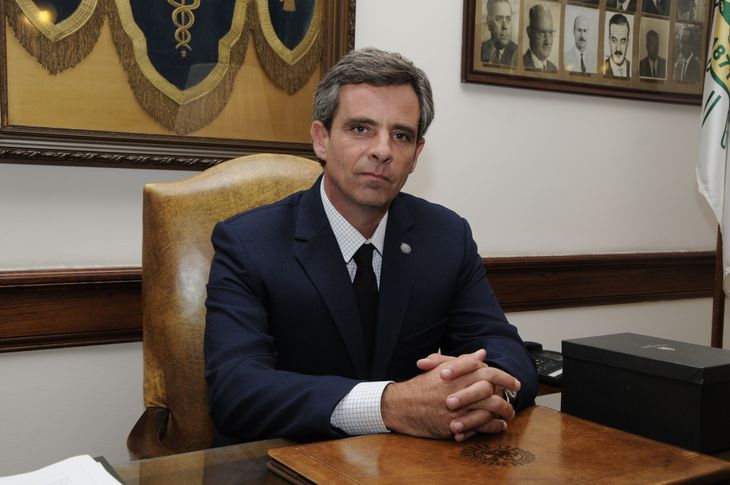
The new president of the ARU, Patricio Cortabarría.
Courtesy: Quatromanos
“I vote, I always do. I understand that participating in internal elections is part of the exercise of democracy. Furthermore, it seems important to me that the candidate I choose feels from the beginning the strength, the support of his voters, so that he walks the electoral path with the greatest possible strength.”
Fernando Pache, president of the Chamber of Industries of Uruguay (CIU)
Fernando Pache

The president of the CIU, Fernando Pache.
Photo: Mauricio Zina/ adhocFOTOS
“I’ll vote. I haven’t stopped voting while I haven’t been traveling. I voted in all election events. It’s one more for me. The concept is that you have to be a participant in every act that can generate benefits for the country. “One cannot complain about anything if one has not participated with one’s vote.”
Angel Urraburu, President of the Montevideo Stock Exchange (BVM)
Ángel Urraburu.jpg

“I vote, religiously I do. The exercise of participating in all electoral instances is a vindication of democracy as a system, regardless of the candidate who votes on each occasion.”
Marcelo Mula, president of the Association of Renewable Energy Companies
Marcelo Mula Renewable Energies.webp
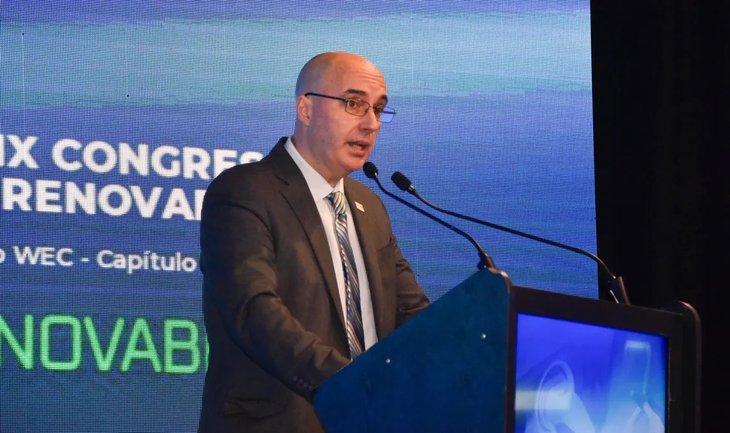
“I am going to participate in the internal elections. I do it traditionally and I try to participate in all electoral bodies, whether mandatory or not, to take advantage of all the opportunities that allow me to express myself as a citizen.”
Jorge Rodríguez, president of the Rural Federation of Uruguay
Jorge Rodríguez Rural Federation.jpeg

“Particularly in this internal election, which is more for the militants who determine the party structure going forward, I do not participate. The reason is that I am president of a second-level producers’ union and being president of the Rural Federation ethically prevents me from participating in party political activities and, at the same time, from carrying out the union’s position.”
Alejandro Ruibal, director of Saceem and president of the Chamber of Construction (CCU)
Alejandro Ruibal, president of the Chamber of Construction of Uruguay.jpg

Alejandro Ruibal, president of the Uruguayan Chamber of Construction.
Photo: Chamber of Construction of Uruguay
“I will go to vote. I participate in every instance where voting is possible. It is a civic obligation, but I am not a militant.”
Barbara Mainzer, president of the Association of Private Banks of Uruguay (ABPU)
Barbara Mainzer ABPU.jpeg

“I vote in the internal elections. Voting is a privilege and a responsibility. At the Banking Association we do not get involved in political activities. I do it individually, as a citizen.”
Rolando Rozemblum, president of the Maldonado Business Chamber
Rolando Rozemblum

Rolando Rozemblum, president of the Maldonado Business Chamber.
“We believe that the democratic moment of elections is the moment in which we, through voting, come to support ideas that reinforce the principles of economic growth and promotion. To achieve this, there is an objective, which is for the businessman to understand that individual objectives at a time of election are secondary and are put into collective objectives. The businessman lives a daily battle of killing a lion a day in his activity, with purchases, sales and taxes… it is the ideal moment where he can see the platforms proposed by politicians and act according to the collective conviction.”
Marina Cantera, president of the Chamber of Tourism of Uruguay (Camtur)
Marina Cantera Tourism Chamber.jpeg

“I am going to vote this Sunday in the internal elections. It is my civic duty and as a citizen I believe I have a great opportunity to promote what I believe is necessary for the country with my vote.”
Source: Ambito

